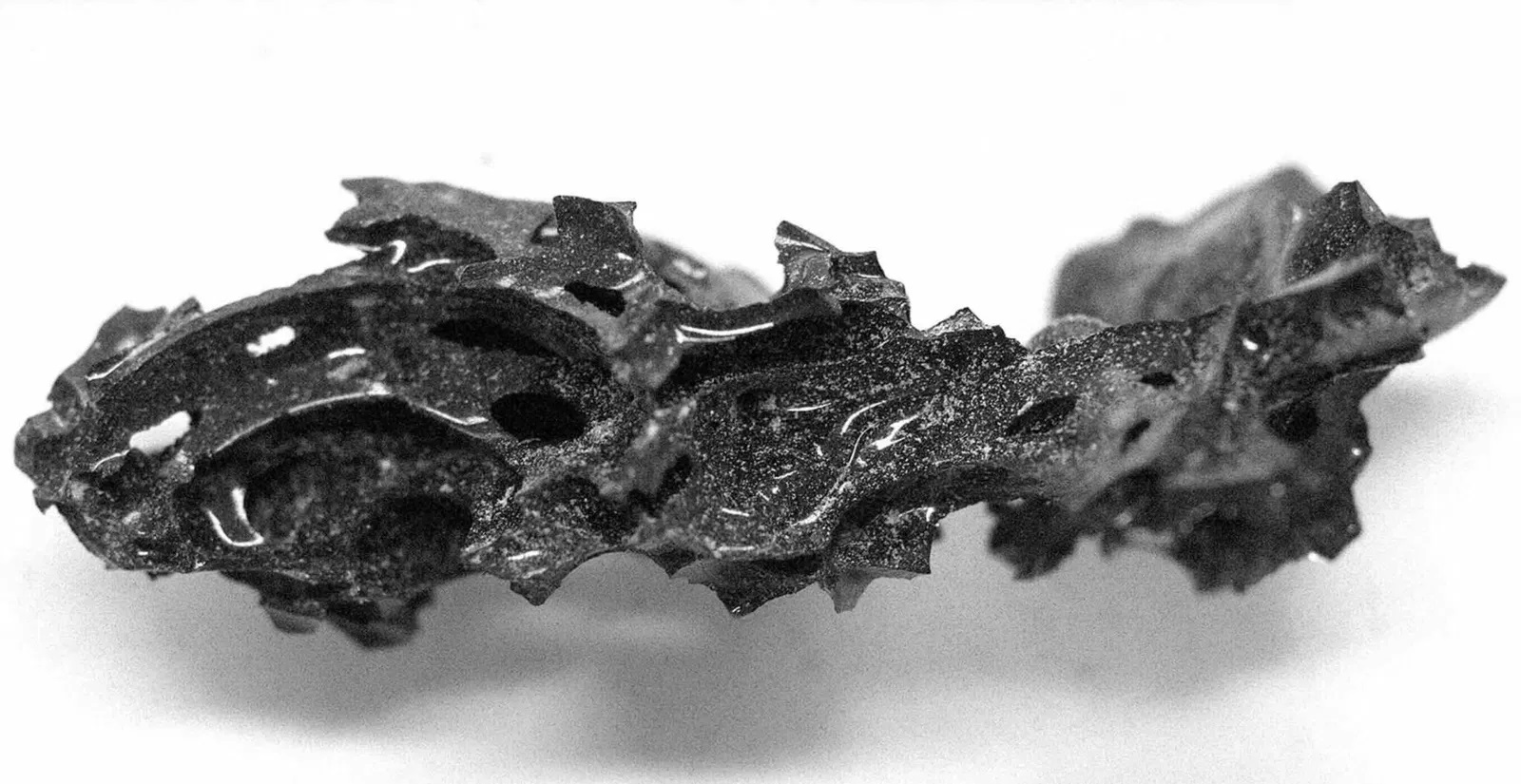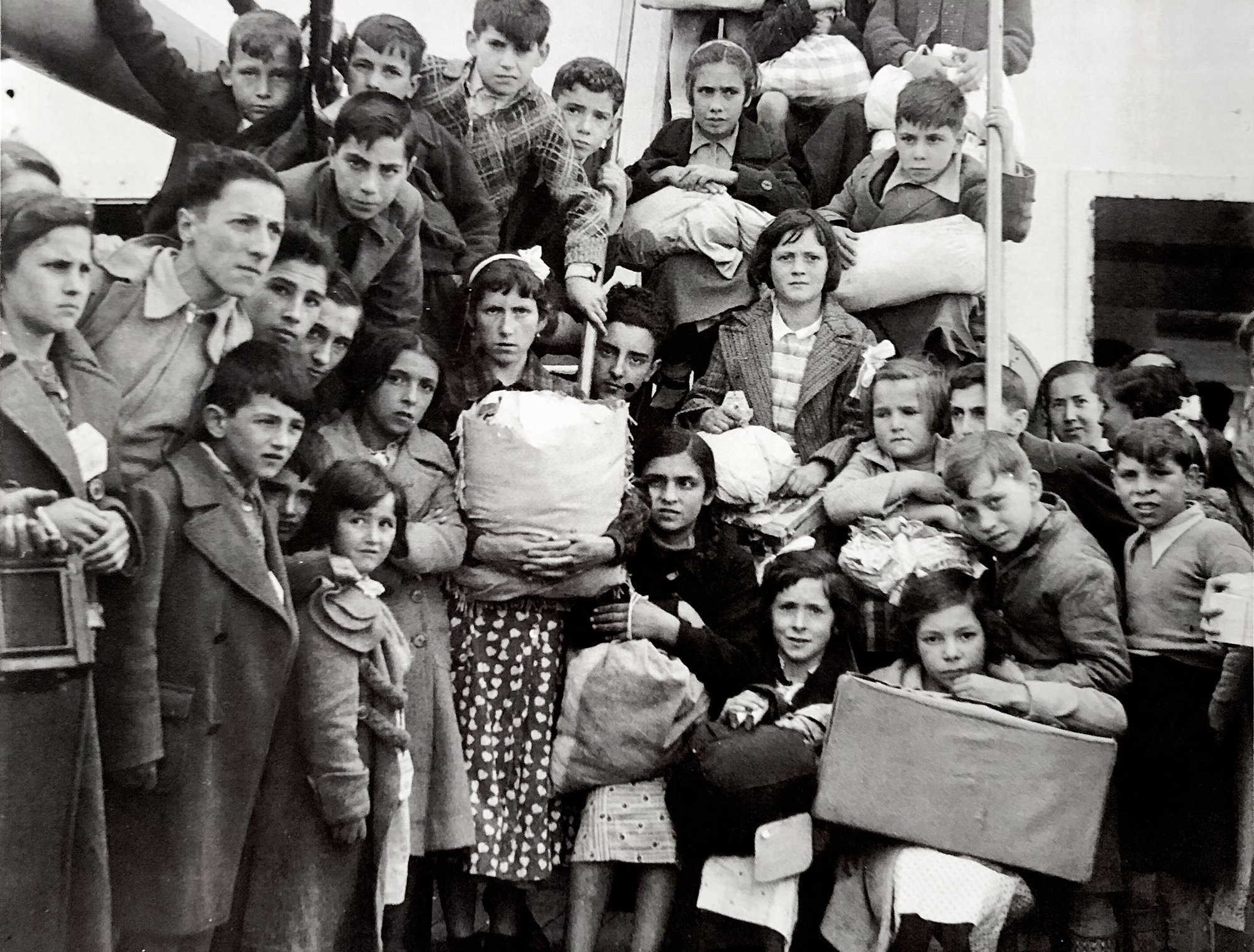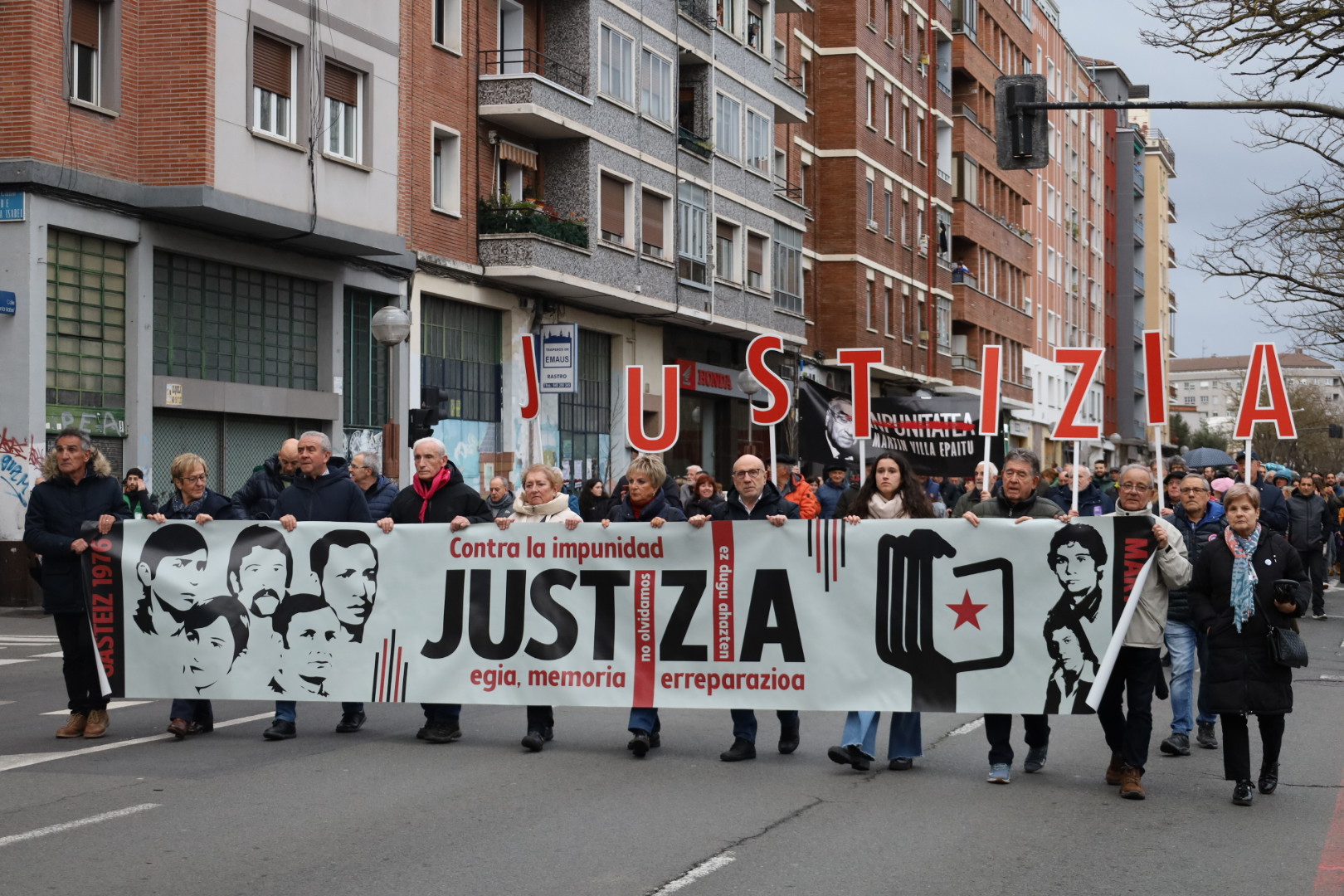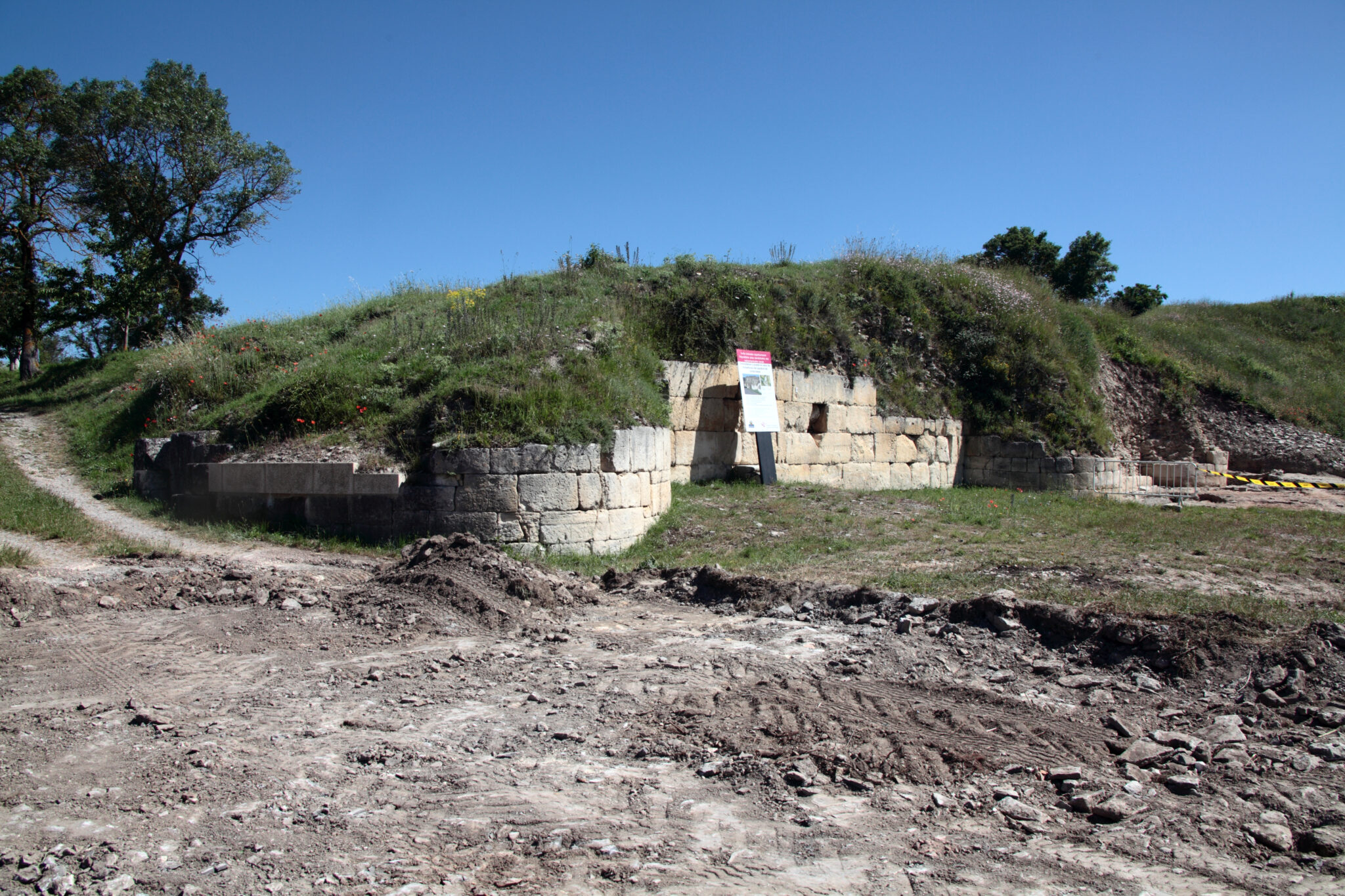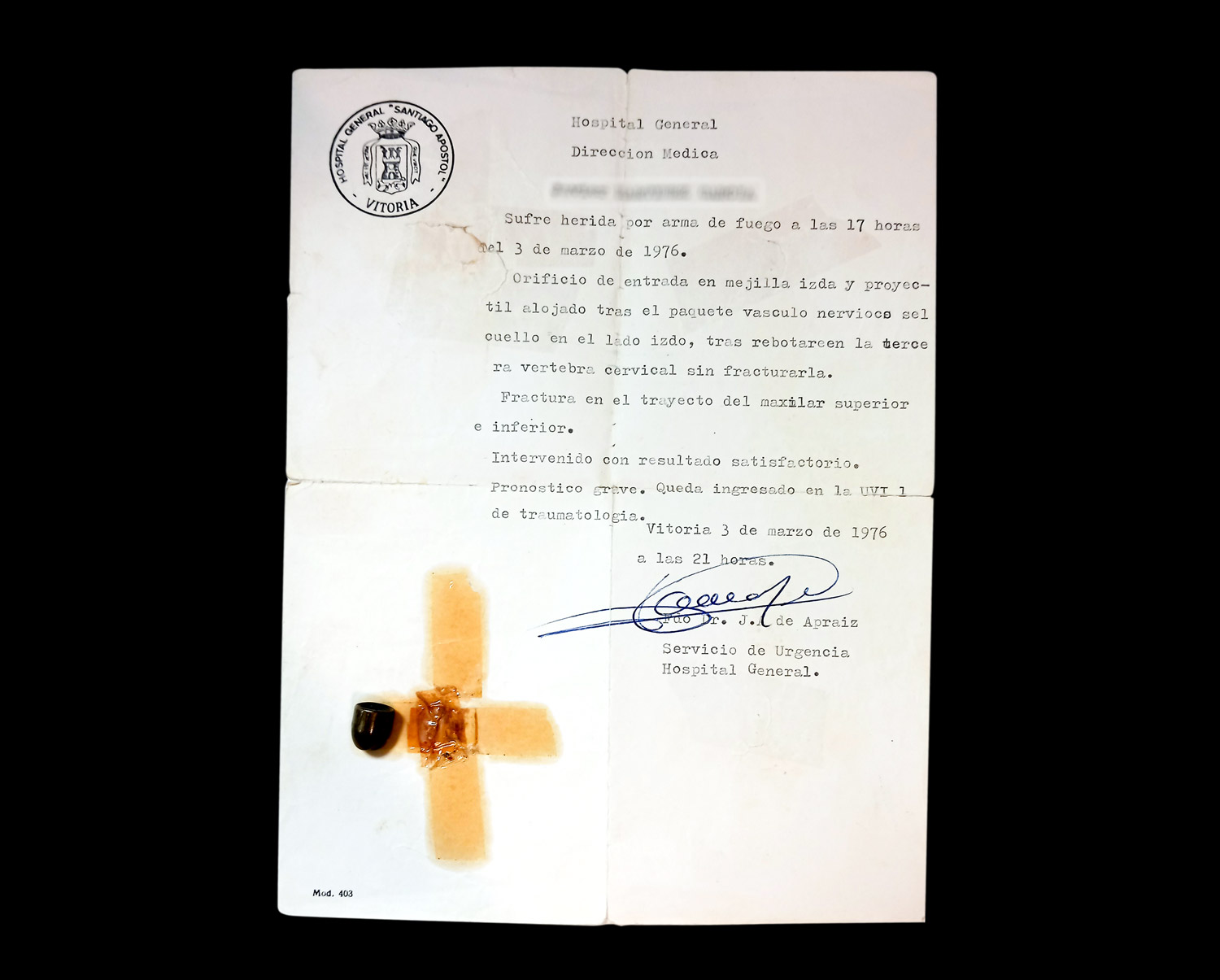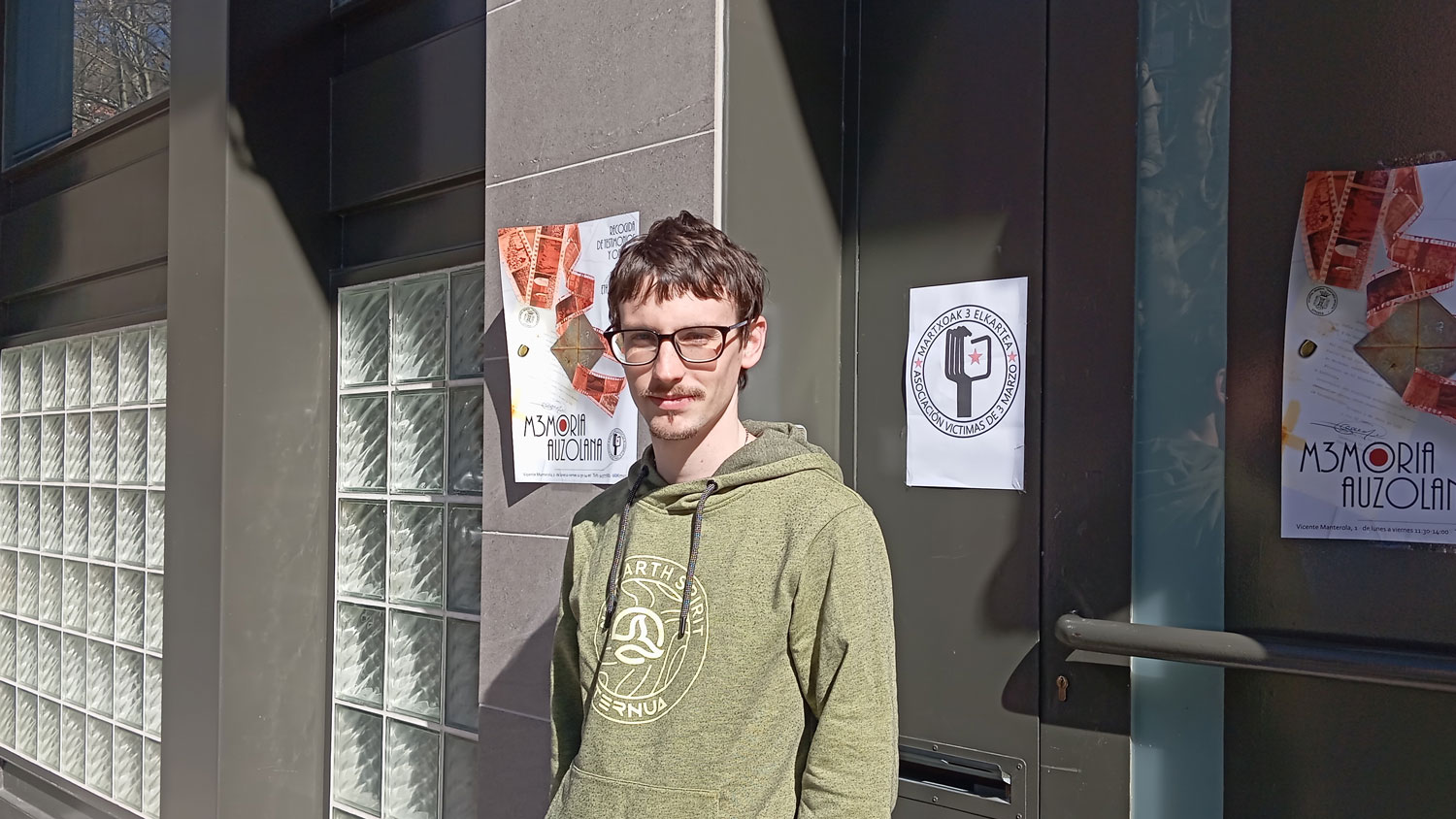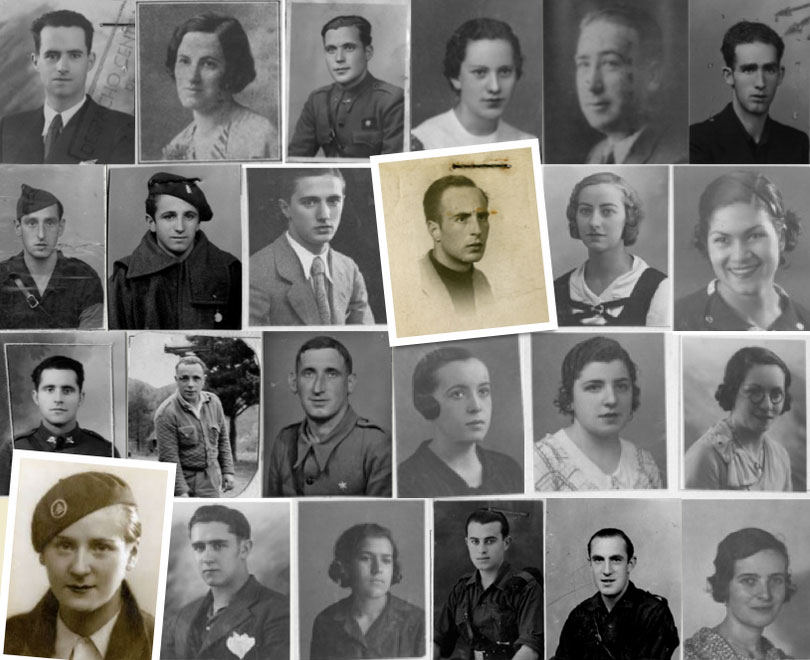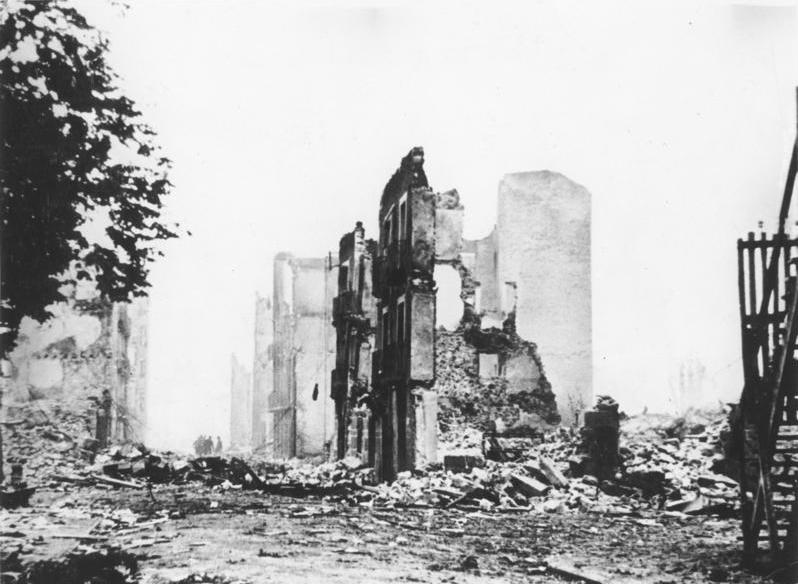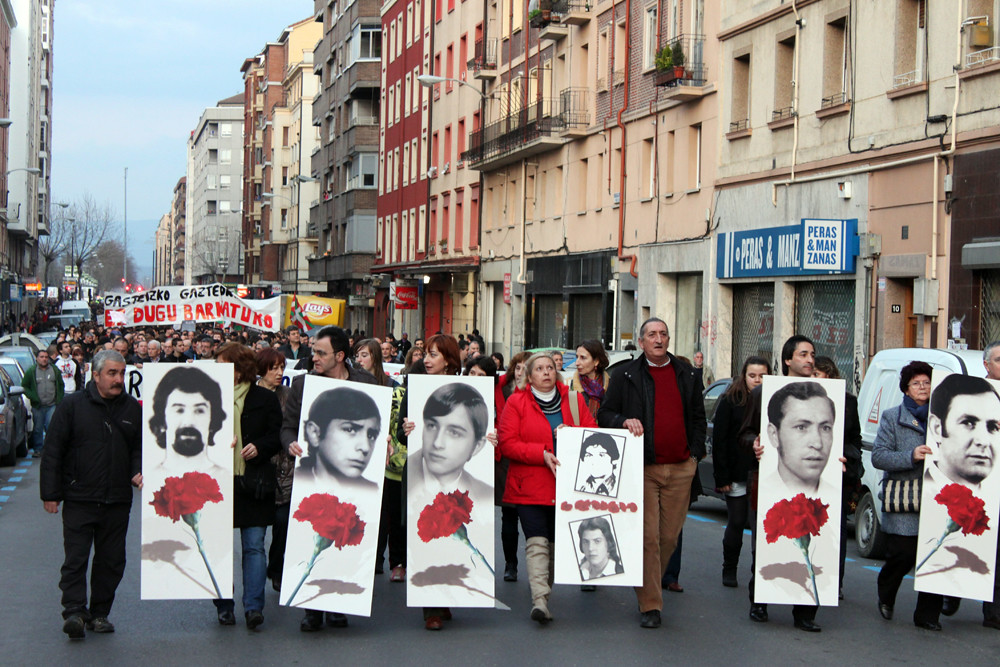Who is the terrorist?

Genocide, terrorism, totalitarianism. Three harsh and horrifying words that remind us of the war in Gaza. These are fat words that are often used lightly. The sad Palestinian news allows us to talk about terminological debates. There have been few journalists and politicians who have acted cynically. First of all, they said that Hamas is a terrorist group and they have strongly condemned their attacks, but then, without any shame, they said that Israel has the right to defend itself, to exercise violence and to exterminate the Arabs.
This same debate often occurs in academia. Historians, political scientists and sociologists, among others, need the most precise, analytical terms to conduct our research, in order to define what we want to investigate or explain as rigorously as possible. But some of the words used have connotations that become more valuable than analytics. Some historians who have researched the latest cycle of violence in Euskal Herria, for example, have considered the Abertzale left not only as a terrorist, but also as a totalitarian.
The concept of terrorism was first used by the monarchists of the French revolution to denounce the revolutionary government of Robespier. By definition, terrorism is an act that uses terror or terror to achieve political objectives. If this is strictly used, we can hear absurd statements: ‘The terrorist group ETA used terror to combat a terrorist dictatorship’; ‘The terrorist group Hamas attacks the Israeli terrorist state’. In my humble opinion, that word that is used in a rush has no capacity to explain absolutely nothing, at least in academia. Has the Israeli army not provoked more terrors than Sixteen? This terminological asymmetry is probably related to the different nature of the two sides. Israel has a regular and state army and Palestine does not. Israel is an ally of the West and Hamas is not.
After the use of the word terrorism, rather than analytical rigour, there is a will to mark a moral judgment. Journalists, researchers and politicians using this word are telling the listener or the reader what is sincere and what is bad in this conflict. He's basically being told what he has to think.
If we were to give a word to what is happening, it is genocide. The concept was invented in 1944 by Polish lawyer Raphael Lemkin. The UN defined it as: Acts carried out with the aim of "totally or partially destroying a national, ethnic, racial or religious group", as well as those which the Government of Israel intends to carry out with the Arabs recognized by them. Often terror!
79. urtean, Vesubio sumendiaren erupzioak errautsez eta arrokaz estali zituen Ponpeia eta Herkulano hiriak eta hango biztanleak. Aurkikuntza arkeologiko ugari egin dira hondakinetan; tartean, 2018an, gorpuzki batzuk aztertu zituzten berriro, eta ikusi zuten gizon baten garuna... [+]
Luxorren, Erregeen Haranetik gertu, hilobi garrantzitsu baten sarrera eta pasabide nagusia aurkitu zituzten 2022an. Orain, alabastrozko objektu batean Tutmosis II.aren kartutxoa topatu dute (irudian). Horrek esan nahi du hilobi hori XVIII. dinastiako faraoiarena... [+]
AEB, 1900eko azaroaren 6a. William McKinley (1843-1901) bigarrenez aukeratu zuten AEBetako presidente. Berriki, Donald Trump ere bigarrenez presidente aukeratu ondoren, McKinleyrekiko miresmen garbia agertu du.
Horregatik, AEBetako mendirik altuenari ofizialki berriro... [+]
Andeetako Altiplanoan, qocha deituriko aintzirak sortzen hasi dira inken antzinako teknikak erabilita, aldaketa klimatikoari eta sikateei aurre egiteko. Ura “erein eta uztatzea” esaten diote: ura lurrean infiltratzen da eta horrek bizia ekartzen dio inguruari. Peruko... [+]
1936ko Gerran milaka haurrek Euskal Herria utzi behar izan zuten faxisten bonbetatik ihes egiteko. Frantzia, Katalunia, Belgika, Erresuma Batua, Sobietar Batasuna eta Amerikako herrialdeetara joandako horien historia jasotzeko zeregin erraldoiari ekin dio Intxorta 1937... [+]
49 urte eta gero Espainiako Poliziak Gasteizko Maria Sortzez Garbiaren katedralean eraildako bost langileak oroitu dituzte beste behin astelehen arratsaldean. Milaka pertsona batu dira Zaramagatik abiatutako eta katedralean amaitutako manifestazioan. Manifestari guztiek ez dute... [+]
Martxoaren 30erako Iruña-Veleia martxan, SOS Iruña-Veleia eta Euskeraren jatorria elkarteek manifestaziora deitu dute, Aski da! Argitu, ez suntsitu lelopean. Azken bi urteetan "hondeatzaileak sistematikoki eremu arkeologiko oso aberatsak suntsitzeko modu... [+]
1976ko martxoaren 3an, Gasteizen, Poliziak ehunka tiro egin zituen asanbladan bildutako jendetzaren aurka, zabalduz eta erradikalizatuz zihoan greba mugimendua odoletan ito nahian. Bost langile hil zituzten, baina “egun hartan hildakoak gehiago ez izatea ia miraria... [+]
Martxoak 3ko sarraskiaren 49. urteurrena beteko da astelehenean. Grebetan eta asanblada irekietan oinarritutako hilabetetako borroka gero eta eraginkorragoa zenez, odoletan itotzea erabaki zuten garaiko botereek, Trantsizioaren hastapenetan. Martxoak 3 elkartea orduan... [+]
Memoria eta Bizikidetzako, Kanpo Ekintzako eta Euskarako Departamentuko Memoriaren Nafarroako Institutuak "Maistrak eta maisu errepresaliatuak Nafarroan (1936-1976)" hezkuntza-webgunea aurkeztu du.
Urruña, 1750eko martxoaren 1a. Herriko hainbat emakumek kaleak hartu zituzten Frantziako Gobernuak ezarritako tabakoaren gaineko zergaren aurka protesta egiteko. Gobernuak matxinada itzaltzeko armada bidaltzea erabaki zuen, zehazki, Arloneko destakamentu bat. Militarrek... [+]
Ezpatak, labanak, kaskoak, fusilak, pistolak, kanoiak, munizioak, lehergailuak, uniformeak, armadurak, ezkutuak, babesak, zaldunak, hegazkinak eta tankeak. Han eta hemen, bada jende klase bat historia militarrarekin liluratuta dagoena. Gehien-gehienak, historia-zaleak izaten... [+]
Martxoaren 3ko Memoriala hornitzeko erabiliko dira bildutako objektuak. Ekimena ahalik eta jende gehienarengana iristeko asmoz, jardunaldiak antolatuko ditu Martxoak 3 elkarteak Gasteizko auzoetan.








